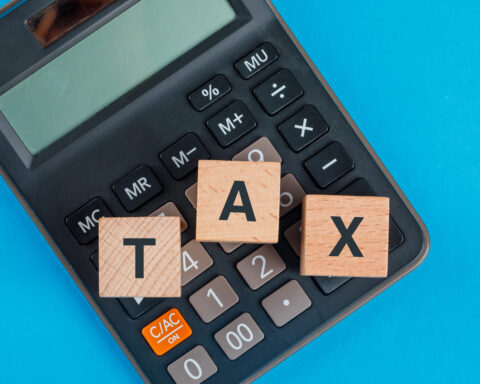When opening fixed deposits, you have to keep several factors in mind, including the interest rate, principal amount, and tenure. In terms of tenure, there are both short and long-term FD options available to investors. Which one is right for you? Let us find out in this article.
Short-Term FDs and their Key Features
Here are some of the features and benefits of short-term fixed deposits:
- These are investments with smaller maturity periods between 7 days to less than 6 months. Some classifications may extend this duration to two years at the most.
- The minimum amount to start a short-term FD varies across banks.
- These are safe investments that are not dependent on market fluctuations.
- Interest rates on short-term FDs are relatively lower than their long-term counterparts, although they are still higher than savings account interest rates.
- You can expect higher liquidity since your money is not locked in for a longer duration.
- This investment is ideal for meeting smaller goals, like buying a vehicle, planning a vacation, or buying home appliances or gadgets.
Long-Term FDs and their Benefits
Now that you have an idea of short-term FDs from small finance banks and other financial institutions, here are some of the key features and benefits of their long-term counterparts.
- Long-term FDs are those with tenures of a 6 months to 10 years.
- They do not have as much liquidity as short-term FDs, since the money stays locked for the whole tenure.
- However, the interest rates on long-term FDs are higher than their short-term counterparts.
- You can build wealth for the future with these FDs, especially if you choose to receive the compounded amount at maturity. Conversely, you can opt for monthly or quarterly payouts to receive a regular income.
- These FDs are suitable for meeting bigger financial goals like home purchases, retirement planning, higher education costs, and more.
Which One Should You Choose?
The answer to this question depends on your financial circumstances. Short-term fixed deposits enable higher liquidity without your money being locked in for the long haul. They also help you reinvest your funds at maturity at the current interest rates or make other adjustments based on your financial needs. However, if the rates come down, then there are risks of earning lower returns than what was possibly initially. Still, while they are not ideal for future wealth accumulation, they may be suitable for meeting smaller goals, particularly in comparison to savings bank deposits.
Long-term FDs, on the other hand, come with higher lock-in periods and interest earnings, courtesy of not just higher rates but also compounding (if you choose not to get regular payouts of interest). However, long-term FDs have longer lock-in periods, which means lower liquidity. Also, the interest rates remain fixed for the entire tenure. If the rates go up in this period, then you will miss out on potentially higher gains.
With better market conditions, there may be more investment opportunities, and keeping your money locked may lead to what is known as an opportunity cost. Yet, they are undoubtedly the best options to help you meet big-ticket financial goals in the future. Take a close look at your financial situation and decide accordingly.
Conclusion
You can opt for either a short-term or long-term FD, based on the above-mentioned aspects.
In fact, you can also diversify your portfolio with a mix of both short and long-term FDs. This will offer more stability, liquidity, and decent returns. You can also allocate funds to both these FD types, based on your short and long-term objectives respectively.








